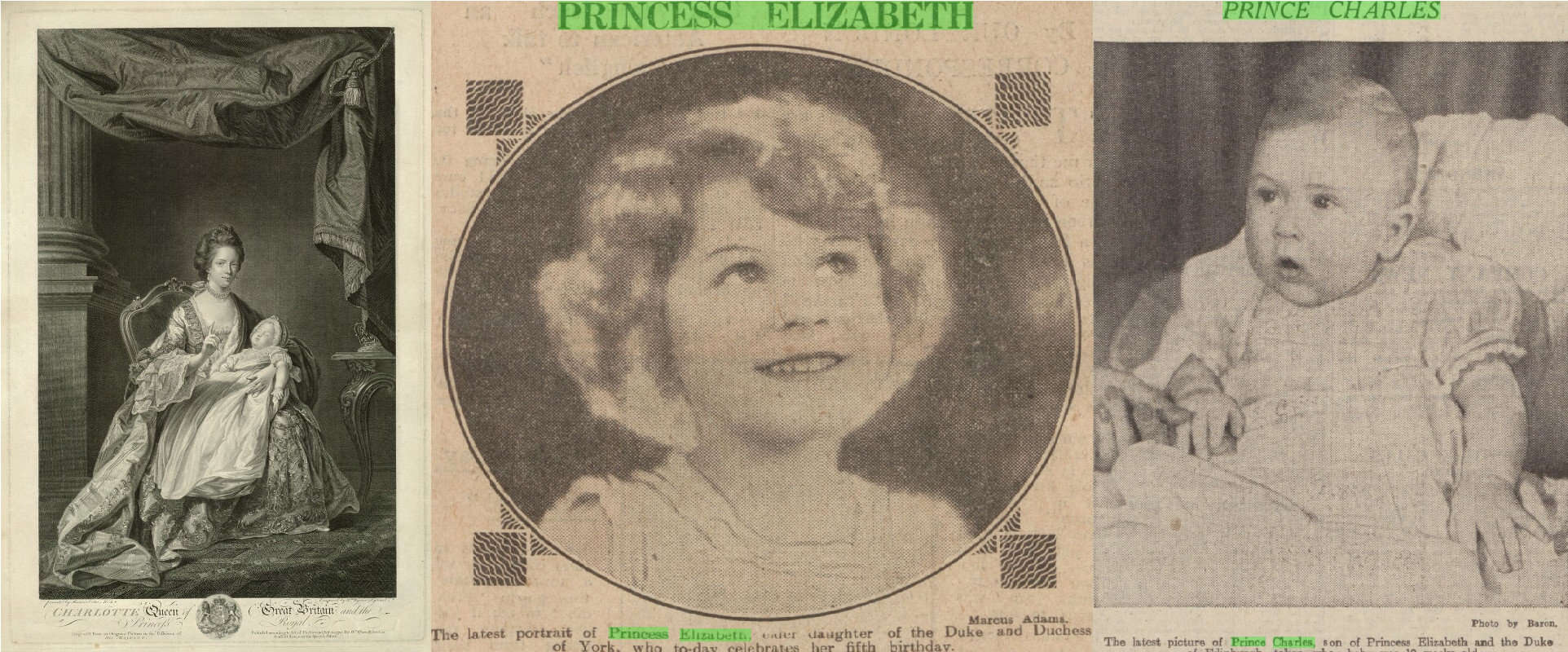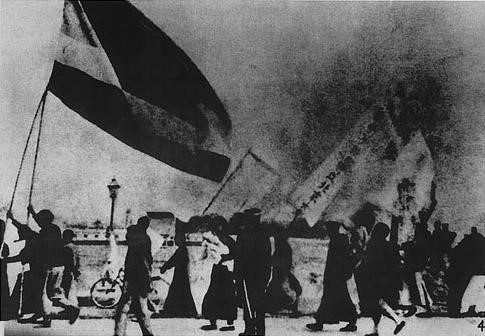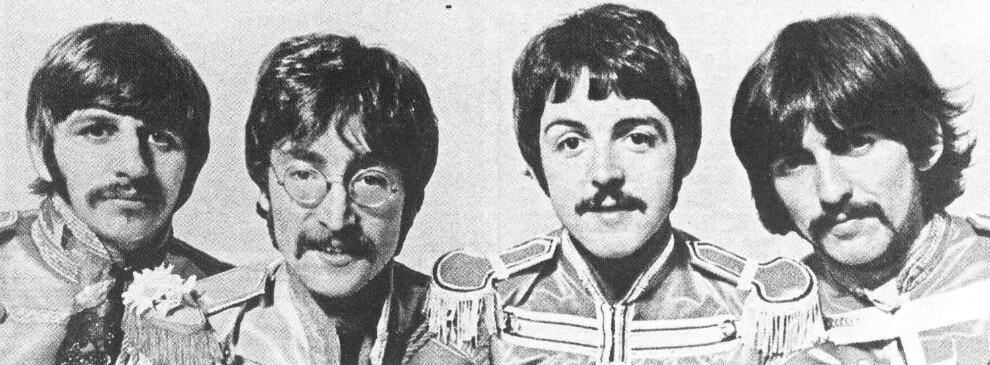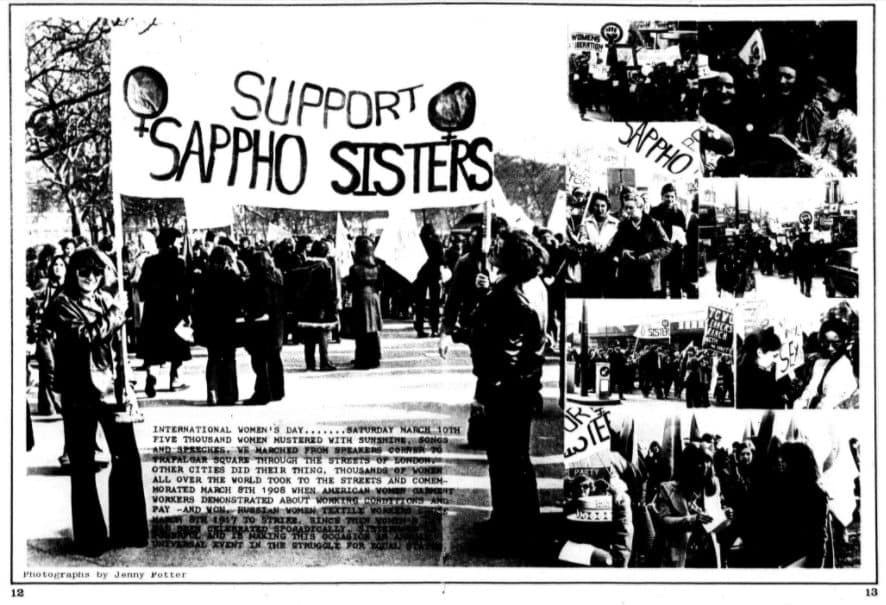│By Chris Houghton, Head of Digital Scholarship, Gale International│
It was a real honour for Gale to expand our partnership with ADHO (the Alliance of Digital Humanities Organisations) and serve as Gold Sponsor for their DH2019 conference. This incredible event brought together 735 participants from Europe, 203 from North America, 72 from Asia, 38 from Africa, 11 from Oceania, and 7 from South America. In total, 1066 scholars working in, or with an interest in Digital Humanities, attended, coming together earlier this month in Utrecht, the Netherlands.


![“Pop Career for Noddy." News Review. Sunday Times, 16 Nov. 2003, p. 14[S3]. The Sunday Times Digital Archive, http://link.galegroup.com/apps/doc/FP1803638499/GDCS?u=webdemo&sid=GDCS&xid=141de559](https://review.gale.com/wp-content/uploads/2019/06/main-image.png)







